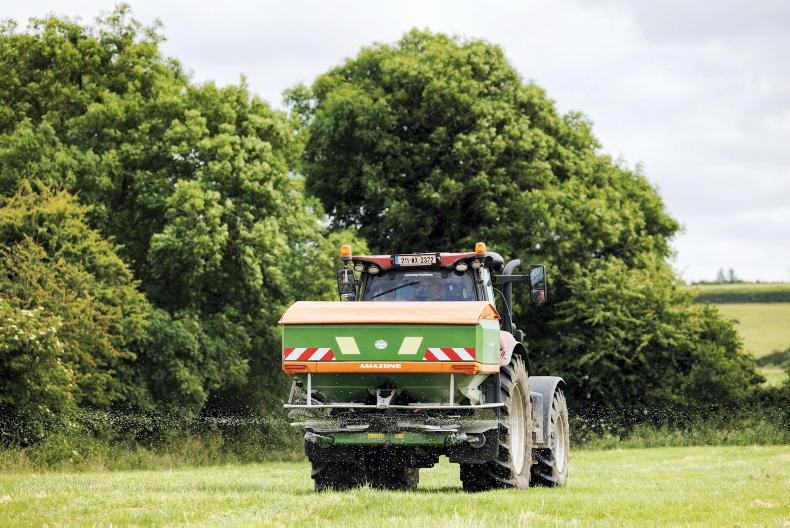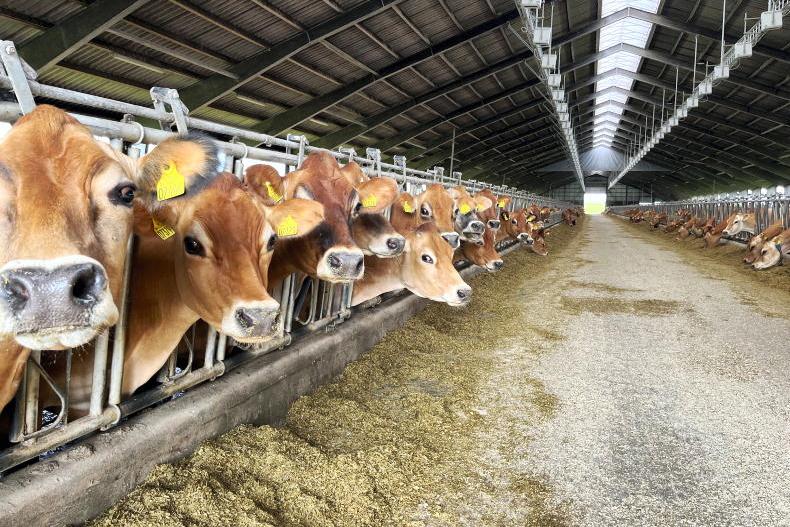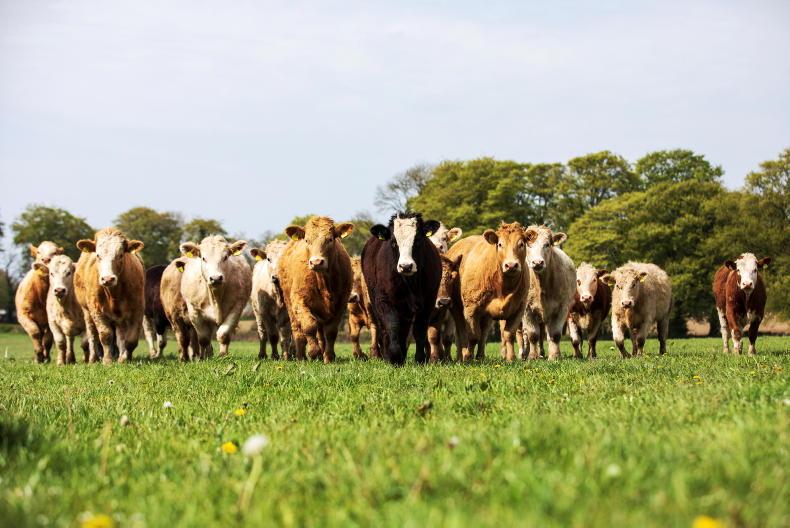Agriculture is not on “a sustainable path” in terms of carbon emissions and the benefits of greater efficiency at farm level are being negated by output growth.
This is standout finding for farmers of the Climate Change Advisory Council’s (CCAC) 2021 annual review.
The CCAC warned that the actions outlined in the Ag Climatise Strategy had not been adopted “at a rate sufficient to counter the impact of increased production and a general intensification of agricultural practice in many regions”.
The review stated that the “scope and range of action” needed to be greatly enhanced in order to “stabilise emissions of methane and improve nitrogen use efficiency resulting in reduced nitrous oxide emissions”.
Under the Climate Action Plan, agriculture has to reduce carbon emissions by 22% to 30% or 6m to 8m tonnes by 2030. However, the CCAC warned that evidence of progress was now needed.
“While improvements in carbon efficiency are being recorded, the council has repeatedly noted that agriculture is not on a sustainable path, and gains in production efficiency alone are not enough to address the need for reduction in total emissions,” it claimed.
The review pointed out that overall cattle numbers had increased to 7.21m and were “heading towards the 1998 peak of 7.64m”, while nitrogen usage had grown by over 10% between 2014 and 2019.
Quoting EPA analysis, the CCAC review said the increased livestock population would inevitably drive methane and nitrous oxide emissions and it called for action to:
Substantially reduce nitrous oxide emissions. Manage livestock numbers within biophysical boundaries.Intensify efforts to find ways to reduce methane emissions at scale. Prioritise nature-based carbon removals. Develop a national long-term land-use strategy. The absence of progress in terms of forestry planting was also noted by the CCAC review.
“Generous incentives have been provided for afforestation, but uptake is not sufficient, highlighting that other market, regulatory, social, and cultural barriers need to be addressed."
While the CCAC did not explicitly call for reduced consumption of meat and dairy products, it stated that “research consistently identifies the mitigation potential, and improved health outcomes, of dietary changes from reduced consumption of animal-based products and reduced food waste”.
On a positive note, the Department of Agriculture was adjudged to have made “moderate progress” during 2021 in reaching its climate objectives.
Meanwhile, “good progress” was made on improving water quality, but “limited progress” was made on tackling biodiversity loss.
Agriculture is not on “a sustainable path” in terms of carbon emissions and the benefits of greater efficiency at farm level are being negated by output growth.
This is standout finding for farmers of the Climate Change Advisory Council’s (CCAC) 2021 annual review.
The CCAC warned that the actions outlined in the Ag Climatise Strategy had not been adopted “at a rate sufficient to counter the impact of increased production and a general intensification of agricultural practice in many regions”.
The review stated that the “scope and range of action” needed to be greatly enhanced in order to “stabilise emissions of methane and improve nitrogen use efficiency resulting in reduced nitrous oxide emissions”.
Under the Climate Action Plan, agriculture has to reduce carbon emissions by 22% to 30% or 6m to 8m tonnes by 2030. However, the CCAC warned that evidence of progress was now needed.
“While improvements in carbon efficiency are being recorded, the council has repeatedly noted that agriculture is not on a sustainable path, and gains in production efficiency alone are not enough to address the need for reduction in total emissions,” it claimed.
The review pointed out that overall cattle numbers had increased to 7.21m and were “heading towards the 1998 peak of 7.64m”, while nitrogen usage had grown by over 10% between 2014 and 2019.
Quoting EPA analysis, the CCAC review said the increased livestock population would inevitably drive methane and nitrous oxide emissions and it called for action to:
Substantially reduce nitrous oxide emissions. Manage livestock numbers within biophysical boundaries.Intensify efforts to find ways to reduce methane emissions at scale. Prioritise nature-based carbon removals. Develop a national long-term land-use strategy. The absence of progress in terms of forestry planting was also noted by the CCAC review.
“Generous incentives have been provided for afforestation, but uptake is not sufficient, highlighting that other market, regulatory, social, and cultural barriers need to be addressed."
While the CCAC did not explicitly call for reduced consumption of meat and dairy products, it stated that “research consistently identifies the mitigation potential, and improved health outcomes, of dietary changes from reduced consumption of animal-based products and reduced food waste”.
On a positive note, the Department of Agriculture was adjudged to have made “moderate progress” during 2021 in reaching its climate objectives.
Meanwhile, “good progress” was made on improving water quality, but “limited progress” was made on tackling biodiversity loss.









SHARING OPTIONS